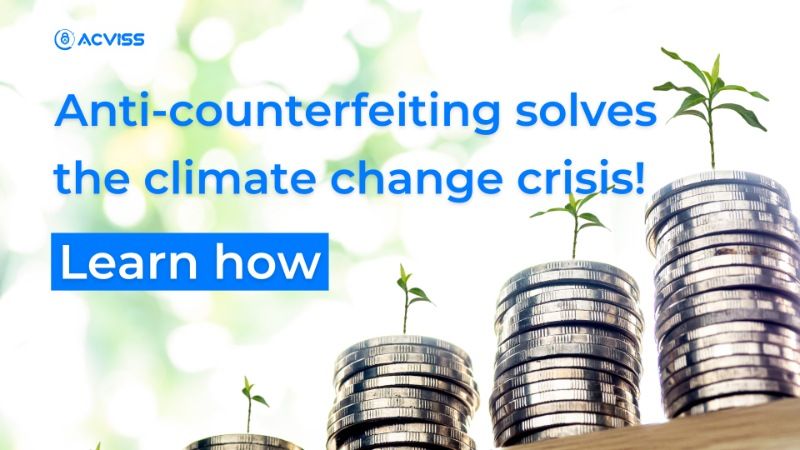European Union Anti-Deforestation Regulation (EUDR)
What is EUDR?
The EU Deforestation Regulation addresses the significant environmental and social challenges posed by deforestation and forest degradation through its legislative initiative. Particularly concerning imported goods such as agricultural commodities and timber products. This regulation aims to combat deforestation by establishing a framework to ensure that the products placed on the EU market are produced in a sustainable manner that respects forest ecosystems and indigenous rights.

Implementation of EUDR
Under the EU Deforestation Regulation, companies importing certain high-risk commodities, such as soy, palm oil, beef and cocoa, are required to conduct due diligence to ensure that these products are not linked to deforestation or associated human rights abuses. This due diligence process involves assessing and mitigating the risks of deforestation and related issues throughout the supply chain.
Importers must demonstrate that the products they trade comply with environmental and social standards, including those about land use, biodiversity conservation, and indigenous rights.
The EU Deforestation Regulation represents a crucial step towards promoting sustainable supply chains and combating global deforestation, which is a leading driver of climate change and biodiversity loss. The regulation aims to support the EU’s commitment to international climate and biodiversity goals, as well as promote sustainable development and ethical trade practices globally.
Related Articles
FAQs
Get answers to all your questions about EUDR
When was EUDR published?
The Official Journal of the European Union published the EUDR on May 31st, 2023.
How to comply with EUDR?
You can get compliant by conducting risk assessments, ensuring product traceability, implementing a due diligence system, maintaining comprehensive documentation and regularly reporting to relevant EU authorities.
When will EUDR come into effect?
The EUDR will come into effect on December 30, 2024.
What is the purpose of EUDR?
The regulation aims to combat global deforestation and forest degradation. Large-scale agriculture causes Over 75% of global deforestation. EU plans to prevent agricultural practices that will contribute to climate change mitigation and biodiversity preservation, aligning with the EU’s environmental goals.
What are the benefits of complying with EUDR?
The regulation promotes environmental protection, market transparency, sustainable practices and regulatory compliance, enhancing the company’s reputation and marketability.
How does EUDR affect industries?
Industries will likely face increased compliance costs due to the need for enhanced traceability, risk assessments and reporting systems. And supply chains might require significant adjustments to ensure sourcing from deforestation-free regions. As, companies that comply with EUDR, they will gain a competitive advantage in the EU market, while those that do not may encounter restricted market access. The regulation will drive innovation in supply chain management and foster greater stakeholder collaboration to achieve deforestation-free supply chains.
